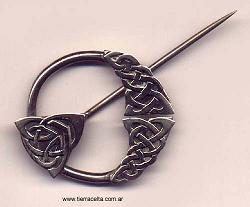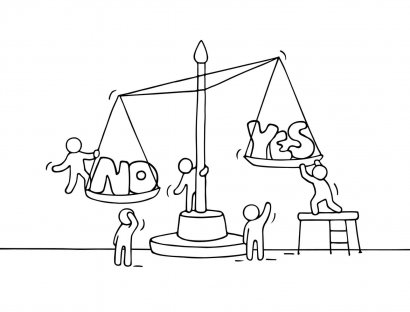Set of faculties, both artistic and intellectual
 Talent is known as the set of faculties, both artistic and intellectual, that a person has and that then thanks to their disposition is able to stand out at some level in these fields.
Talent is known as the set of faculties, both artistic and intellectual, that a person has and that then thanks to their disposition is able to stand out at some level in these fields.
The concept has an absolute connotation and positive assessment in our language precisely because the presence of talent in some sense in someone will make that person stand out in some activity or task. Many even consider it an essential question for success or not. Without talent, something can go well, but it will surely require more effort and learning.
Talent paves the way to success and victory
Talent, in some sense, is also considered more than anything as a really great potential that a person can develop at a certain moment, because they have a series of characteristics and aptitudes, which they can develop or not, but the truth is that You have them anyway, and in any situation you can make use of them, and most likely they will pave the way to success and victory.
For example, Marcos has a special talent for soccer, in the leading scorer position, so if Marcos decides to play soccer at some point he will surely be the team's top scorer and will make his team win the games with his goals.
Talent is a product of emotional intelligence and therefore it is the aptitude that allows someone not only to stand out from the rest but also to achieve a certain issue with guaranteed success, because they have the necessary tools to stand out in it.
Inherited talent and acquired talent
But also talent can be inherited from the family or acquired through learningIn other words, the disciple of a painter from seeing his teacher so much who has an extreme talent when it comes to painting, ends up absorbing all that and he himself develops the same talent for painting. And the other case is of someone who for a genetic reason receives the ability to paint, his mother is an excellent painter and he received genetically the information that makes him talented when it comes to painting, drawing.
The main difference between these two types of talent, the acquired and the inherited, is that in the case of the second, if it ever stopped being practiced or exercised for a long time, despite this, the day it is decided to resume it or return To exercise it will be done with the same dexterity of yesteryear, while, in the case of the learned one, it needs to be practiced repeatedly so as not to get lost.
Very intelligent person or excels in a certain science or activity
Too, the person who per se is very intelligent or excels in a certain science or activity is often called talent. For example, “Astor Piazzolla was a bandoneon talent”.
Successful TV shows look for talents
At present, the concept of talent in this last indicated sense has taken on a tremendous prominence as a result of the many television shows that are precisely looking for talents in the musical plane. Realitys such as Voice, Operación Triunfo, X Factor, Britain's got talent, among others, have dominated the media scene in recent years around the world, the format being born in a country where it became so popular that it was later sold to another country.
Meanwhile, the essence, the attraction of these programs is that they discover the hidden talent of singing, of musical interpretation, of unknown people who appear at a casting and then show all their talents in the middle of the TV show and before the eyes attentive to a jury normally made up of renowned artists with a track record in the field.
Even many artists who today enjoy world fame have managed to achieve it thanks to showing their hidden talent for the first time before the cameras, such is the case of the Spanish David Bisbal, in Operación Triunfo, or Susan Boyle who moved with her voice and history from a life so far from the media, in Britain's got talent.
Imaginary currency used by Greeks and Romans in their business transactions
And the other of the uses of the term talent, which in these times has become obsolete in the current use of the term but not in the history of humanity where a trace of this use has remained, is the one that was given to it in ancient times. Greek and Roman civilizations, where the talent was an imaginary coin that was used mainly by the Greeks and Romans to carry out their commercial exchanges.









